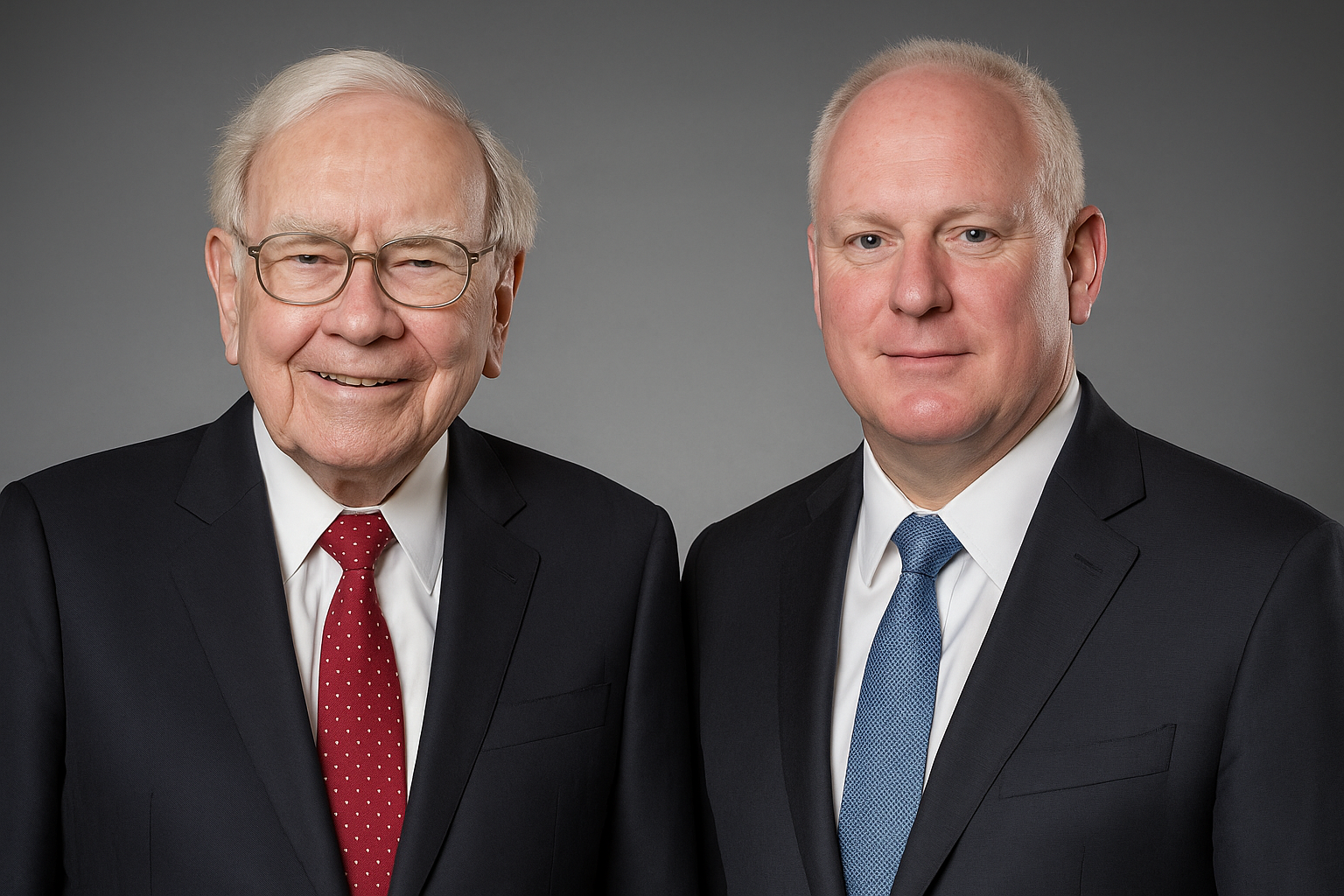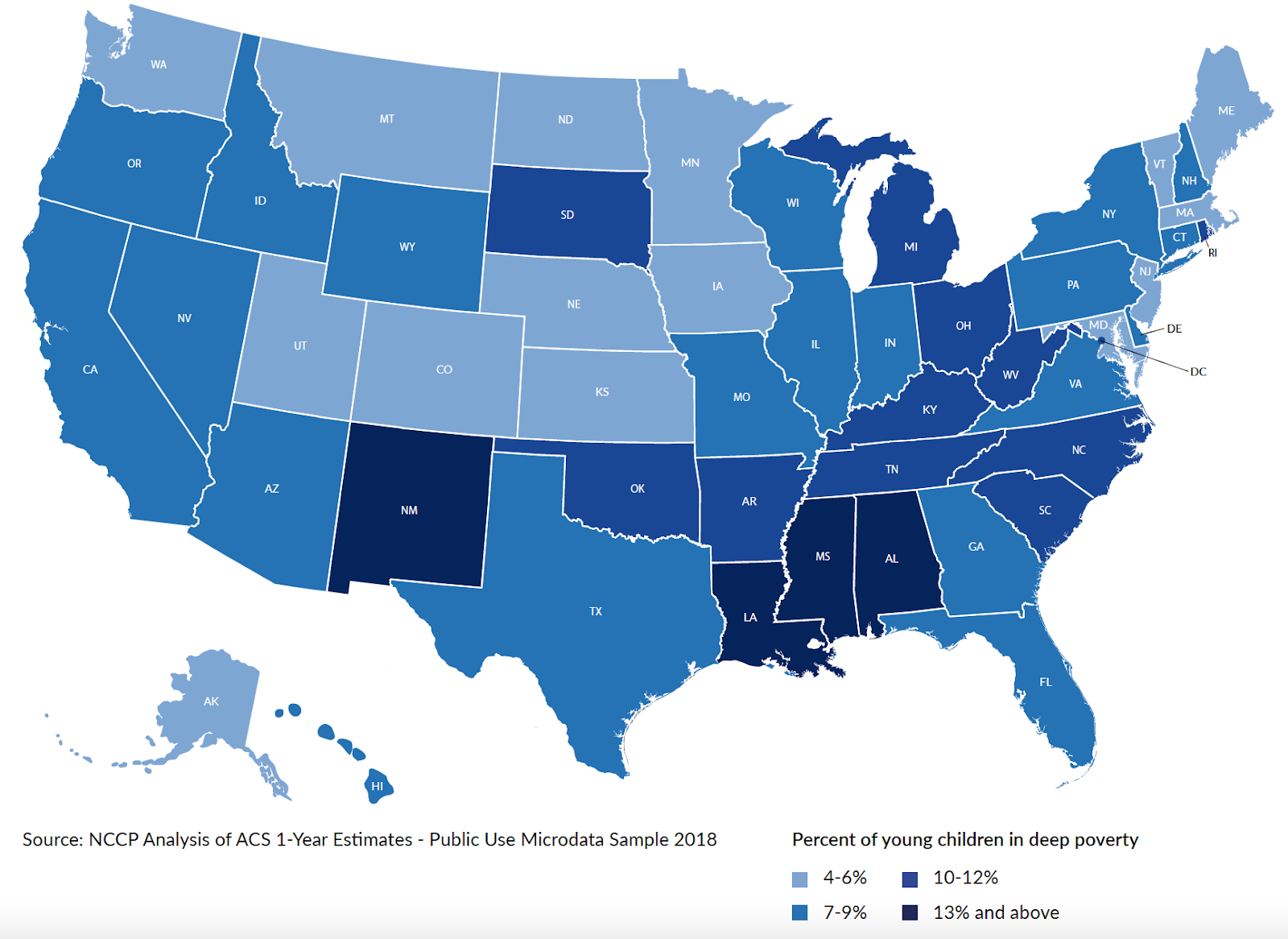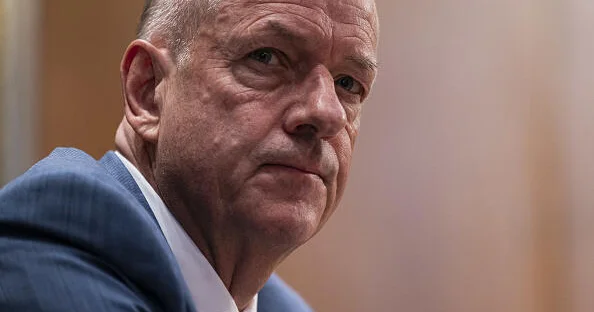Table of Contents
Warren Buffett, After decades of legendary leadership, Warren Buffett, often dubbed the “Oracle of Omaha,” is officially stepping back from the forefront of Berkshire Hathaway. Investors, analysts, and business enthusiasts around the world are now turning their attention to Gregory Abel, Buffett’s chosen successor. As Berkshire Hathaway enters a new era, questions abound: Who is Gregory Abel, and what can we expect under his leadership?
Who Is Gregory Abel?
Gregory Abel is a Canadian businessman who currently serves as the Vice Chairman of Non-Insurance Operations at Berkshire Hathaway. A relatively low-profile executive compared to Buffett, Abel has built an impressive career in energy and infrastructure. He joined MidAmerican Energy (now part of Berkshire Hathaway Energy) in 1992 and rose through the ranks to become CEO by 2008. His tenure there earned him a reputation for operational excellence, long-term thinking, and a Buffett-like focus on value.
Abel joined the Berkshire Hathaway board of directors and became Vice Chairman in 2018. In 2021, Buffett publicly confirmed that Abel would be his successor, stating that “the directors are in agreement that if something were to happen to me tonight, it would be Greg who’d take over tomorrow morning.”
Why Abel?
Buffett’s choice of Abel was no accident. Known for his calm demeanor, analytical rigor, and loyalty to Berkshire’s unique corporate culture, Abel exemplifies the kind of leader Buffett values. He’s also deeply embedded in the operational side of Berkshire’s diverse businesses, overseeing subsidiaries in industries ranging from utilities to manufacturing.
Importantly, Abel is younger than Buffett—aged 62 as of 2025—meaning he potentially has many years to lead the company and maintain its long-term investment strategy. This was a factor in choosing Abel over fellow Vice Chairman Ajit Jain, who, while highly respected, is closer to Buffett in age.
The Transition: What Will Change?
While Abel is expected to preserve much of Buffett’s legacy, some changes are inevitable. Abel comes from a more operational background, suggesting he may put more emphasis on optimizing business performance across Berkshire’s many subsidiaries.
Additionally, while Buffett has been famously cautious with tech investments, Abel may take a slightly more modern approach. That said, he’s unlikely to make radical shifts that would alarm shareholders. In fact, Berkshire Hathaway’s board and investment philosophy are built to withstand leadership transitions with minimal disruption.
Abel will also work alongside Berkshire’s two key investment managers, Todd Combs and Ted Weschler, who have gradually taken on more responsibility in managing the company’s massive portfolio.
The Market’s Reaction
Initial market response to the transition has been cautiously optimistic. Shares in Berkshire Hathaway have remained stable, signaling investor confidence in Abel’s ability to lead. Many analysts believe that because the succession plan has been clear for several years, there is no cause for panic.
That said, Buffett’s charisma and shareholder engagement—especially through his annual letters and legendary meetings—will be hard to replicate. Abel is more reserved and less media-oriented, which could impact how Berkshire communicates with its investors and the public.
What This Means for Berkshire’s Future
Under Abel’s stewardship, Berkshire Hathaway is expected to continue focusing on the principles that have defined its success: disciplined investing, decentralized management, and a long-term outlook. However, Abel may bring a more contemporary edge to operations, potentially driving innovation and efficiency within the conglomerate’s many businesses.
This new chapter could also involve increased M&A activity. With Berkshire sitting on over $100 billion in cash, Abel might be inclined to pursue strategic acquisitions, particularly in energy, infrastructure, or industrial sectors.
Moreover, Abel’s experience in regulated industries could be a significant asset as Berkshire navigates increasingly complex environmental and regulatory landscapes.
Final Thoughts
Warren Buffett’s departure from active leadership at Berkshire Hathaway marks the end of an era, but it is not the end of the company’s legacy. With Gregory Abel at the helm, Berkshire has a steady, competent hand to guide it forward. While Abel may not command headlines in the same way as Buffett, his deep knowledge of the business, commitment to value, and strong leadership skills position him well for the road ahead.
For shareholders and fans of Berkshire Hathaway, the message is clear: while the face of leadership may be changing, the principles that built one of the world’s most successful conglomerates remain firmly in place.
Frequently Asked Questions
Who is Gregory Abel?
Gregory Abel is the Vice Chairman of Non-Insurance Operations at Berkshire Hathaway. He has been named as Warren Buffett’s successor and is expected to carry forward the company’s legacy. Abel previously led Berkshire Hathaway Energy and is known for his operational expertise and value-driven leadership.
Why did Warren Buffett choose Gregory Abel as his successor?
Warren Buffett selected Gregory Abel due to his strong leadership track record, deep understanding of Berkshire’s businesses, and long-term alignment with the company’s values. Abel is also significantly younger than Buffett, offering the potential for many years of consistent leadership.
Will Berkshire Hathaway’s strategy change under Gregory Abel?
While Gregory Abel may introduce operational efficiencies and modernize some practices, Berkshire Hathaway’s core strategies—value investing, decentralized management, and long-term thinking—are expected to remain intact.
What is Gregory Abel’s background?
Gregory Abel is a Canadian businessman with a background in accounting and energy. He joined MidAmerican Energy in 1992, which later became part of Berkshire Hathaway Energy. He rose to CEO and played a major role in expanding the company’s utility and infrastructure assets.
You may also like to read :
Why Is Kohl CEO Fired ? The Full Story Behind Ashley Buchanan’s Exit
What is Grand Theft Auto VI : Release Date, Features, and Storyline




